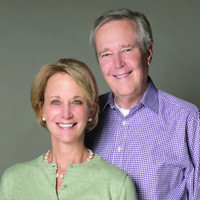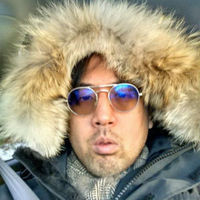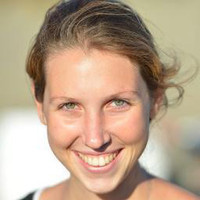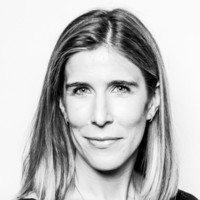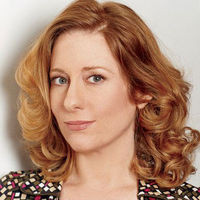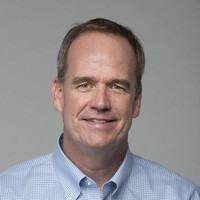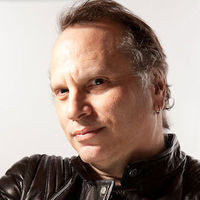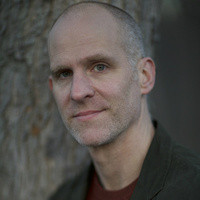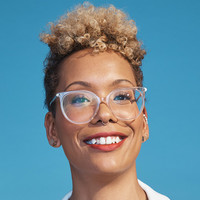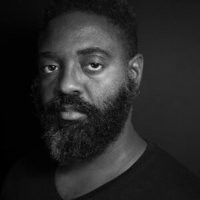James Fallows, a national correspondent for The Atlantic, and Deborah Fallows, a linguist and writer, are the co-authors of Our Towns: A 100,000-Mile Journey into the Heart of America.
“The credo of reporting—you know, what you don’t know till you show it—that’s my 'this-I-believe.' That’s the reason I’ve stayed in this line of work for this many decades because there’s nothing more fascinating that you can do but to serially satisfy your curiosity about things. What’s it like on an aircraft carrier? What’s it like in a Chinese coalmine? What’s it like in a giant data center in Wyoming? What is it like in all of these things? And journalism gives you a structural excuse to go do those.”
Thanks to MailChimp, MUBI, Best Self Journal, and Thermacell for sponsoring this week's episode. Also: Longform Podcast t-shirts are now available!
